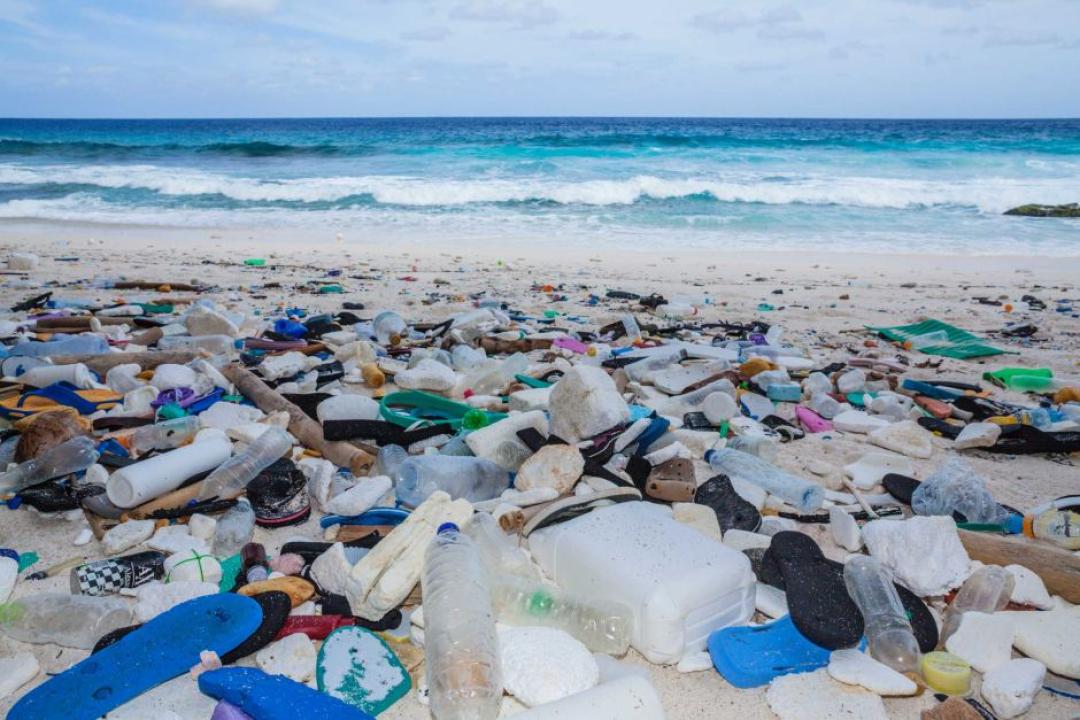
EU study on the Black Sea shows worrying pollution indicators

The EMBLAS Plus project, an EU and UNDP financed project which monitors the marine environmental data on the Black Sea, published its data collected from the waters off the coasts of Georgia, Ukraine, Russia, and the international waters at the center of the Black Sea between 2017-2019, reported georgiatoday.
On 29 July at a joint press conference in Odessa, Ukraine the key findings of the research were presented. The researchers found that 83% of marine litter found in the Black Sea is plastic. “The Black Sea has higher litter densities due to limited exchange of water with the open oceans and the intensive loads of pollutants carried by large European rivers’ runoff, such as the Danube, Dniester, Don, Bug, and Kubani,” they said. Measuring litter items on the sea surface per square kilometer, the Black Sea has approximately 90.5, compared with the Mediterranean’s 50, and the North Sea’s 38. On the lower end of the spectrum, places like British Columbia, Canada (2) and the Southern Ocean (6) have hardly any litter, while on the higher end, the North Pacific and the Strait of Malacca, between Malaysia and Indonesia, are choked with trash, showing 459 and 579 litter items per square kilometer, respectively.
Microplastics, at less than 5 mm, are also a significant problem and have dramatic consequences, particularly when ingested by marine life such as dolphins, fish, shellfish, and plankton. Marine litter is “a threat to biodiversity,” says EMBLAS-Plus, who also warns that by 2050, there will be more plastic in the world’s seas than fish.
The project released several other alarming infographics including the status of dolphins, the biodiversity of the Black Sea, the dangers of the rise of portions of the Black Sea without dissolved oxygen (the anoxic layer), chemical pollution and its sources, and, generally, the Black Sea’s existence– which EMBLAS-Plus calls “highly vulnerable.”
The overall objective of the EMBLAS-Plus project is to help improve the protection of the Black Sea environment through sharing of marine environmental data from the national and joint regional monitoring programmes; supporting joint actions to reduce river and marine litter in the Black Sea basin; and raising awareness on the key environmental issues and increase public involvement in the protection of the Black Sea. It is in line with the EU Marine Strategy Framework Directive, a document adopted in 2008 which aims to achieve Good Environmental Status (GES) of the EU's marine waters by 2020 and to protect the resource base upon which marine-related economic and social activities depend. It is the first EU legislative instrument related to the protection of marine biodiversity, as it contains the explicit regulatory objective that biodiversity is maintained by 2020, as the cornerstone for achieving GES. The survey was conducted under the cooperation of various environmental research institutes from Georgia, Ukraine and Russia, as well as with the aid of the Permanent Secretariat of the Black Sea Commission located in Istanbul.
See Also


Armenia Records 5.9% GDP Growth in 2024, Missing 7% Goal

Yerevan Balances Strategic Ties with Both US and Russia, Says Foreign Minister

FM Mirzoyan: Peace Deal with Azerbaijan Is Within Reach

Pashinyan and Erdogan Hold Call, Reaffirm Commitment to Ongoing Dialogue

